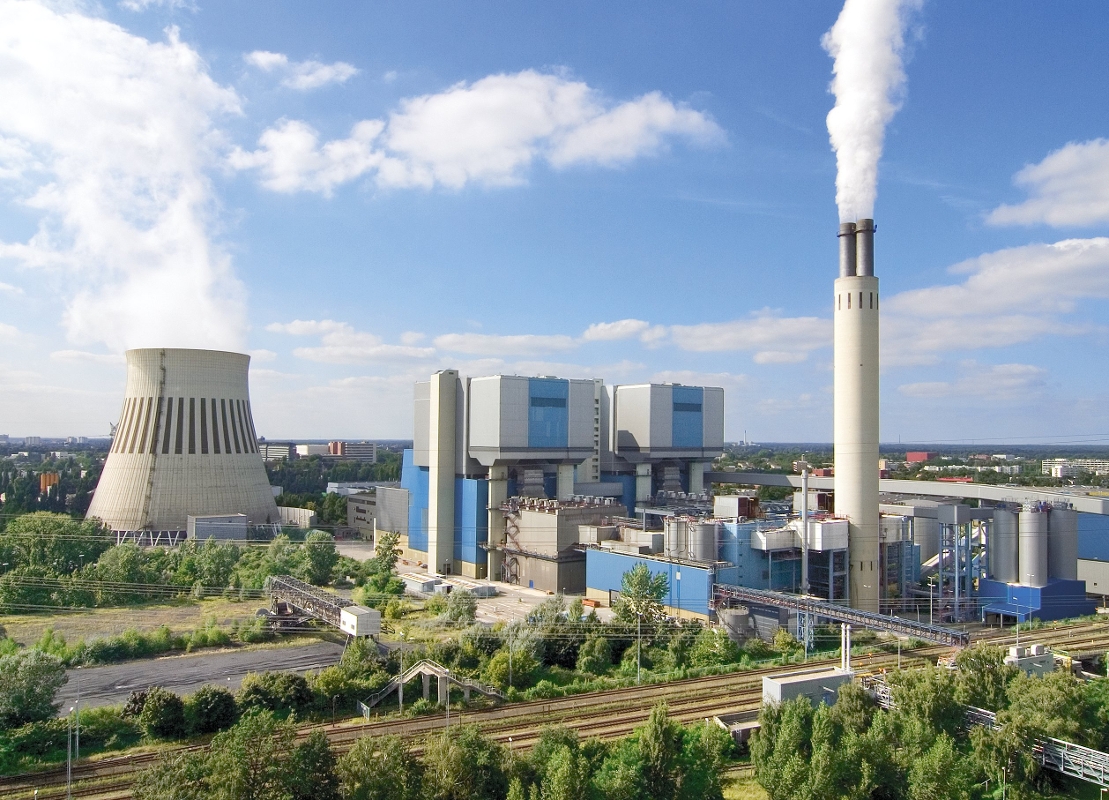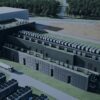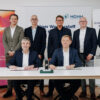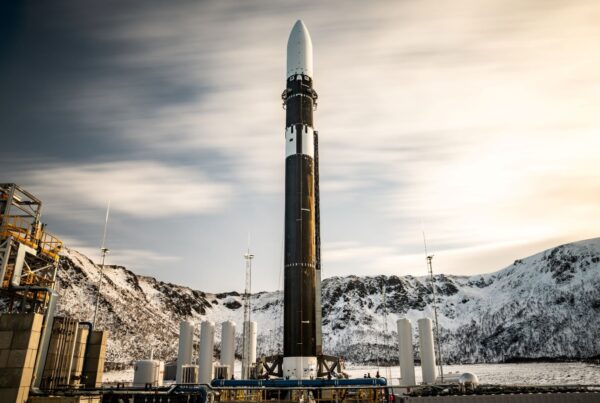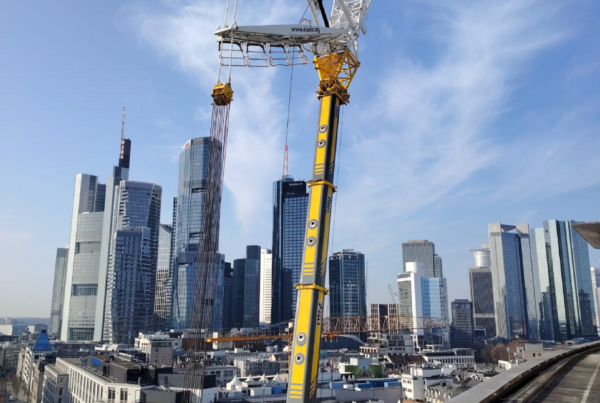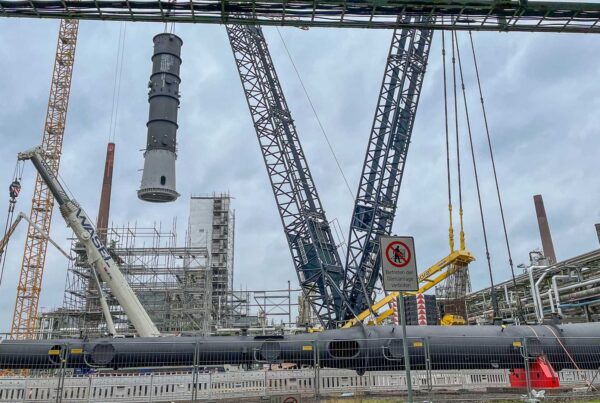T he impending phase-out of coal in Germany, to be completed by no later than 2038, is compelling energy suppliers to seek alternative options for the generation of electricity and heat. Berlin is looking to implement that phase-out by 2030. Which is why Berliner Energie und Wärme AG (BEW) is planning to convert the supply of conventional district heating from Reuter West, its largest power generation site, to renewable energy sources. To enable this transformation to succeed, BEW will have to rely on a range of different technologies and fuels.
One of those building blocks involves using waste heat from the sewage water from Berliner Wasserbetriebe’s Ruhleben sewage treatment plant. To make this sewage water viable as an energy source, heat pumps are used to raise its temperature from approximately 15°C to the required district heating temperature of 90°C. Four of these large heat pumps generate a total of 75 MW of sustainable district heating.
Kraftanlagen Energies Services is planning, supplying and installing the plant, the electrical systems and the higher-level control technology for this Reuter Sustainable Heat and Power (RSHP) project. This means it is effectively supplying the centrepiece of the entire system together with its main component.
